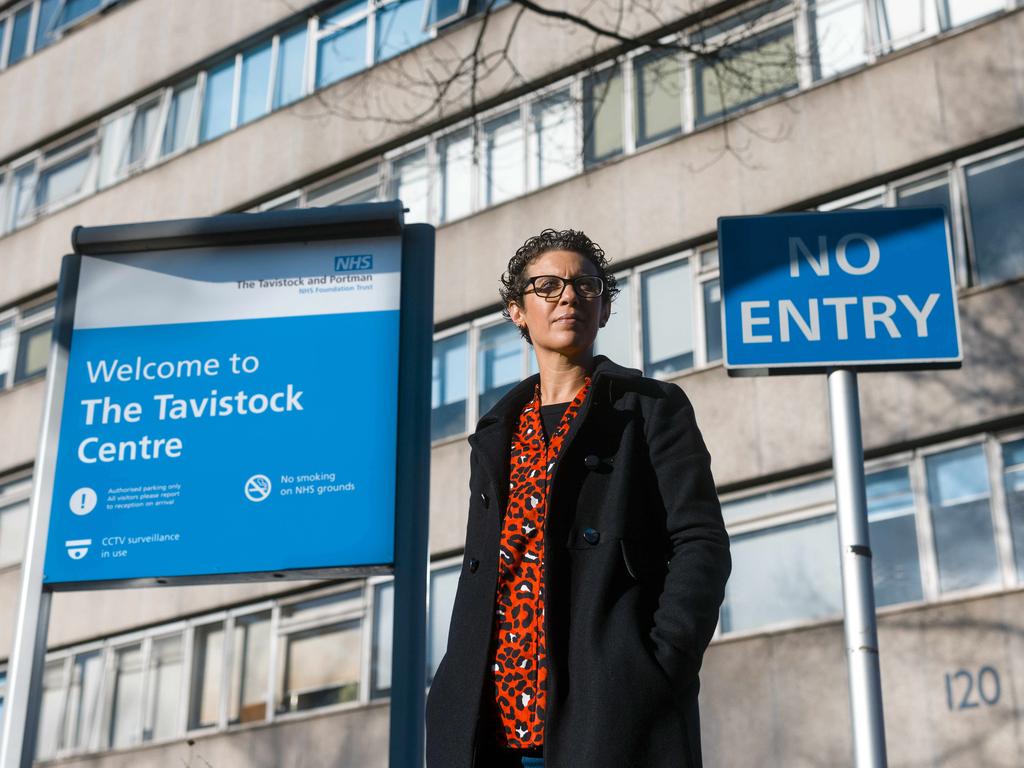Queensland professor advocates greater scrutiny of transgender patients
Senior Australian psychiatrist Andrew Amos argues the gender-affirming model amounts to a denial of evidence that could run against the Hippocratic oath.
The gender-affirming model of care is incompatible with competent, ethical medical practice, senior Australian psychiatrist Andrew Amos says, arguing it amounts to a denial of evidence that could run against the Hippocratic oath.
In a paper published in the journal of The Royal Australian and New Zealand College of Psychiatrists, Dr Amos concludes that unquestioning gender-affirming care is unable to exclude the possibility that it is reinforcing the pathologies of some, most, or all of its patients.
“This is unethical, and it is the responsibility of psychiatrists to ensure no patients are harmed by this dangerous model of care.”
The treatment of transgender identities as a pathology – meaning an abnormality or deviation from good health – has fallen out of fashion in medical spheres as more institutions push a gender-affirming care model in which a patient’s view of their gender is treated instead as a general life factor. The RANZCP last year declined to endorse the gender-affirming care model.
Dr Amos’s paper, published this week, aimed to “examine the compatibility of gender-affirming care with the principles and practices of psychiatry”, and argued clinicians should be allowed to assess and scrutinise the gender identity of a patient.
Many of the guidelines for gender-affirming care are published by the World Professional Association for Transgender Health. Melbourne’s Royal Children’s Hospital is a leader in its institution in Australia.
“(Under gender-affirming care) self-defined gender identity does not have to be coherent, persistent or intelligible to a healthcare provider,” Dr Amos’s paper says. “In the absence of models of … psychopathology of gender diversity, it is impossible to meaningfully judge what proportion of cases involves pathology or assess the role of pathology in individual patients.”

The Queensland-based academic said the depathologisation movement compared gender-affirming care to the move away from pathologising same-sex attraction, but disagreed with the association.
“Homosexuality was only redefined after a debate where we as a society and as scientists agree on what are abnormal behaviours, cognitions and emotions, allowing for the emergence of a scientific and social consensus,” he said.
“No such debate has been started, and no such consensus yet exists for gender identity.”
Monash University associate professor and senior clinical psychologist Gemma Sharp welcomed Dr Amos’s paper as another step in the discussion of gender-affirming care but fundamentally disagreed with treating gender identity as a pathology.








To join the conversation, please log in. Don't have an account? Register
Join the conversation, you are commenting as Logout